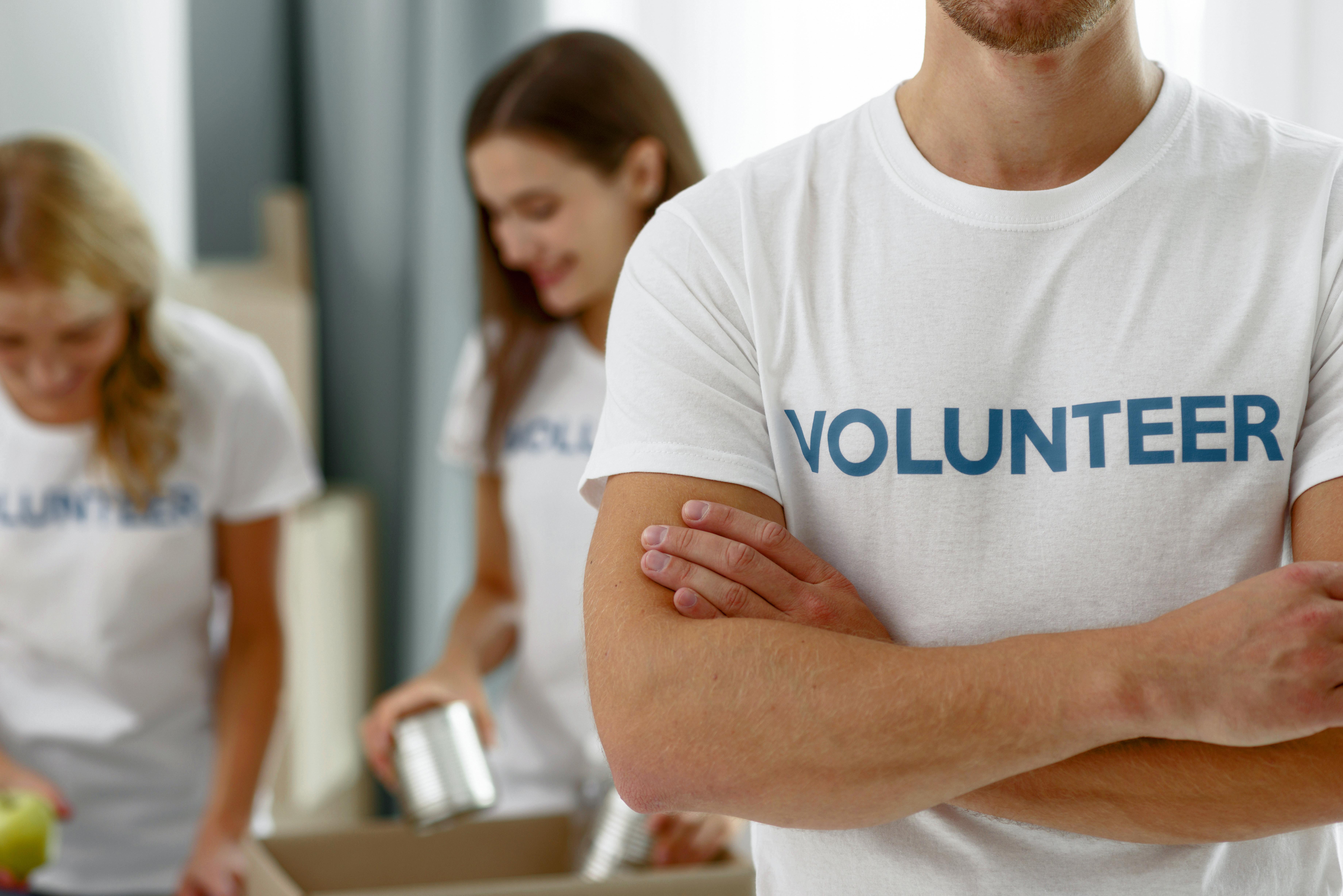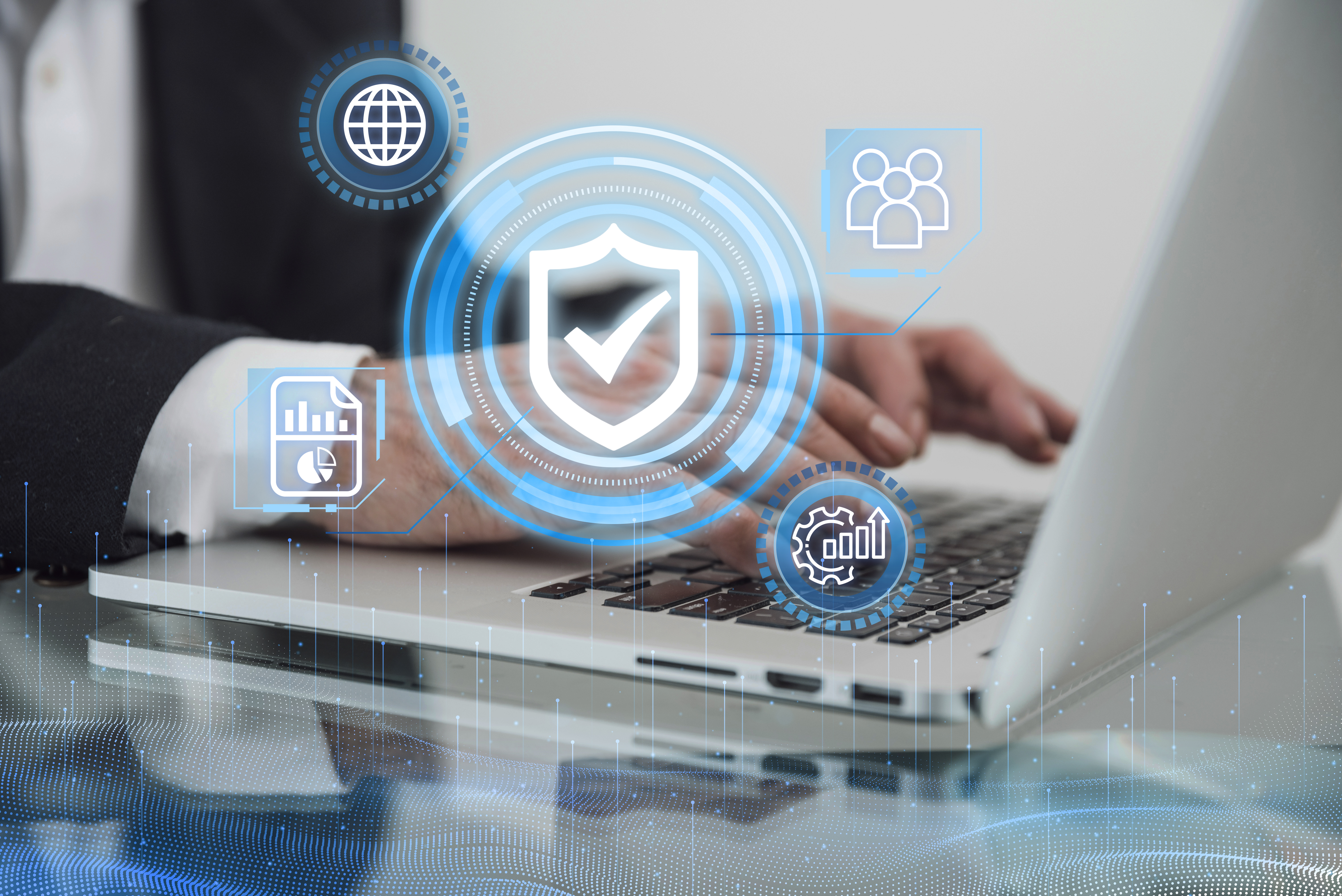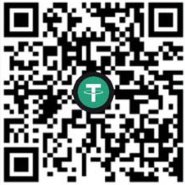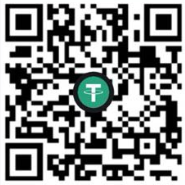Introduction: why volunteer and why now

Who is a volunteer today: a range of roles and responsibilities
Logistics in charity
Procurement and fundraising: where resources are born
Communications and content: visibility and trust
IT and data analytics: numbers that power action
Law and accounting as the basis of trust
Psychosocial support: caring for people and teams
Specialty areas: from tactical medicine to 3D printing

How to apply to the International Unity Movement

Basic safety rules: your safety is our priority
Operational security
Cyber hygiene and account protection
Medical minimum and first aid
Legal and financial framework
Confidentiality and recipient data
Communication and risk escalation
Preventing burnout as a safety element

Ethical standards: trust as a foundation

Useful courses and resources to get you started


 Українська
Українська English
English









